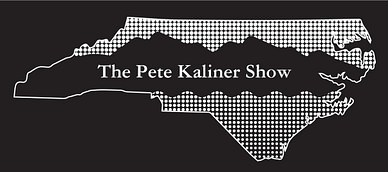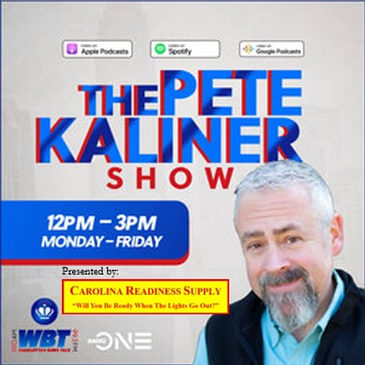This episode is presented by Carolina Readiness Supply – A collaboration between UNC and Wake County Public Schools trains librarians and teachers that all white people are white supremacists Also, Coleman Hughes destroys The View's Sunny Hostin's personal attack and hallow racial essentialism.
Subscribe to the podcast at: https://ThePeteKalinerShow.com/
All the links to Pete's Prep are free: https://patreon.com/petekalinershow
Please note: Google Podcasts are merging into YouTube Music. See details here.
Get exclusive content here!: https://thepetekalinershow.com/
See omnystudio.com/listener for privacy information.

